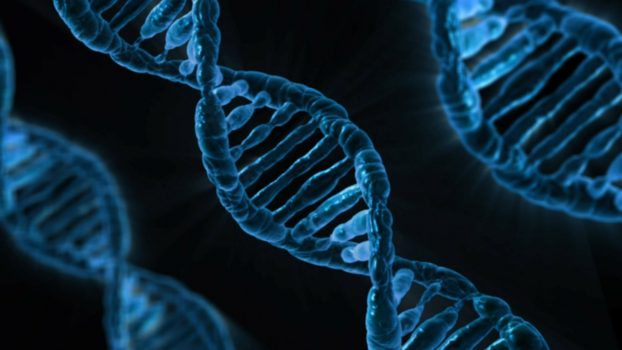Physical Epigenetics Now Offered at Johns Hopkins

A new course in physical epigenetics will be available at Johns Hopkins University for first-year graduate students and upper division undergraduates starting in spring 2017.
The Department of Biomedical Engineering will offer Physical Epigenetics on Tuesdays and Thursdays from 9 to 10:30 a.m. BME Professors Andrew Feinberg and Taekjip Ha, both Bloomberg Distinguished Professors, will teach the course together focusing on epigenetic mechanisms, computational biology, and systems biology.
Epigenetics is the study of genetic activity changes that occur without alternation of basic DNA sequences. Recent advances show the critical role of epigenetics in controlling gene expression, embryonic development, and common human diseases such as cancer. This course will introduce fundamental epigenetic principles with a focus on mechanisms, modeling, physical principles, relationship to genetics, and application to understanding human disease mechanisms.
Students will have the opportunity to critically review cutting edge research papers, research and analyze genomic data, learn about different stages of epigenetic analysis, and draw their own conclusions using modern computational tools.
The idea for the course was sparked when the two professors met in 2015. It quickly became apparent that they should combine their backgrounds in genetics and physics to collaborate and teach a cross-disciplinary course. “One of us mentioned the idea and the other said ‘I was going to say the same thing!'” says Feinberg.
Feinberg, the director of the Center for Epigenetics at Johns Hopkins, is one of the world’s most influential scientists in this area. His discovery of epigenetically altered progenitor cells has led to a paradigm shift in the understanding of how normal cells transform into cancer cells.
Ha, who joined Johns Hopkins in 2015, is a world leader in single-molecule biology and intracellular imaging. His research, in addition to other advances, has revealed new information about how helicases, a class of enzymes, moves along DNA molecules as it unwinds the strands.
Currently, there is no epigenetics course offered to engineering students at Johns Hopkins, and Feinberg is looking forward to further developing the course. “The first year a course is taught often comes with a few kinks,” Feinberg says a fellow professor advised him. “But once that hurdle is overcome, you get into a rhythm and things start to flow a little easier.”
This three-credit course has a capacity of 25 students. Prerequisites include Molecules & Cells, college level calculus and physics.
